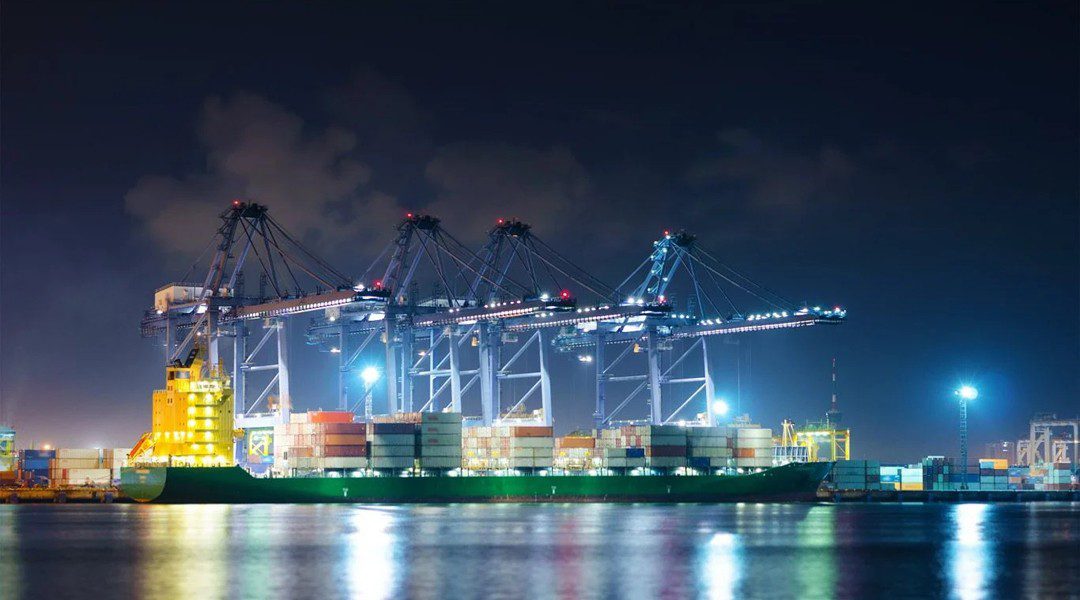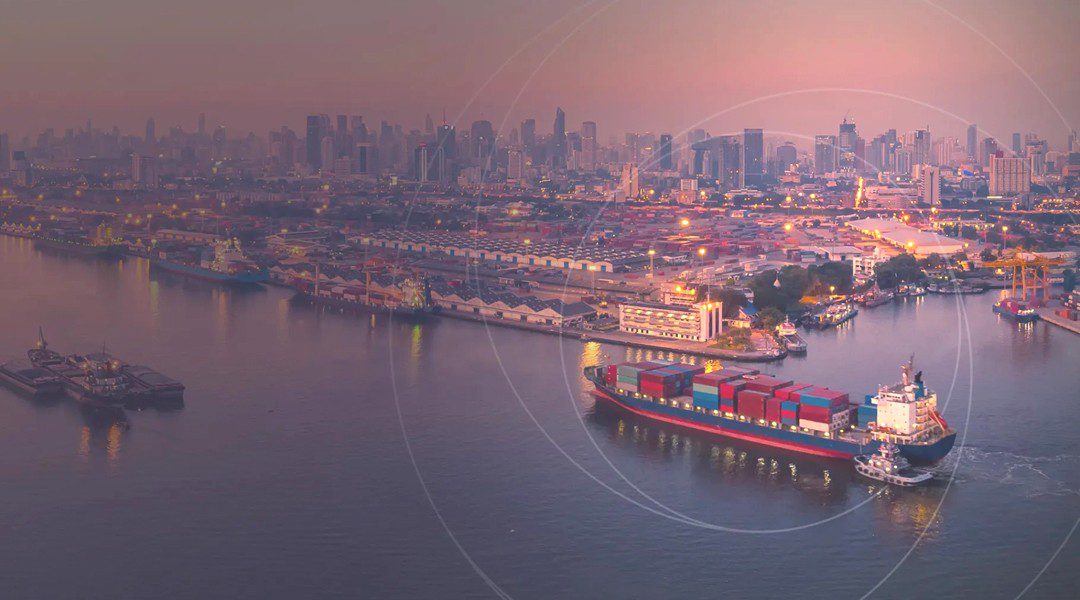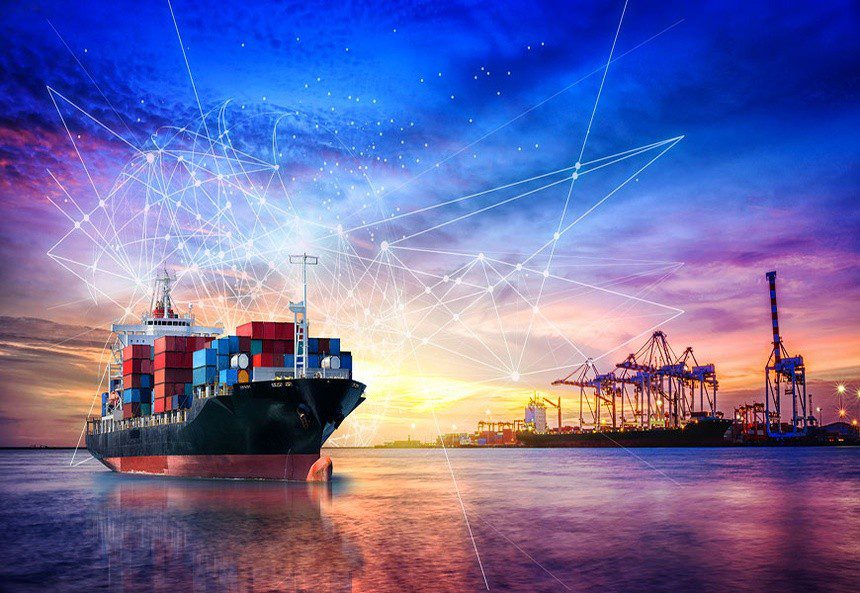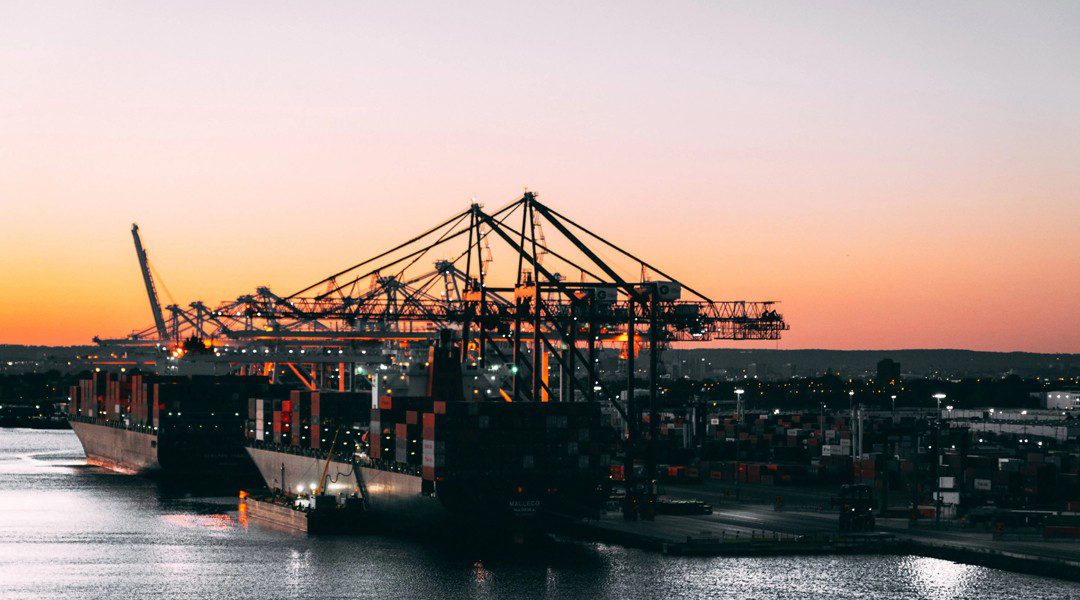In a speech, the departing chairman of dry bulk association Intercargo, John Platsidakis, criticizes authorities for putting the burden of environmental regulations on shipowners rather than shippers or refineries. “It is about time to stand up and explain to the unaware public that shipowners are not the ones to blame,” he says.
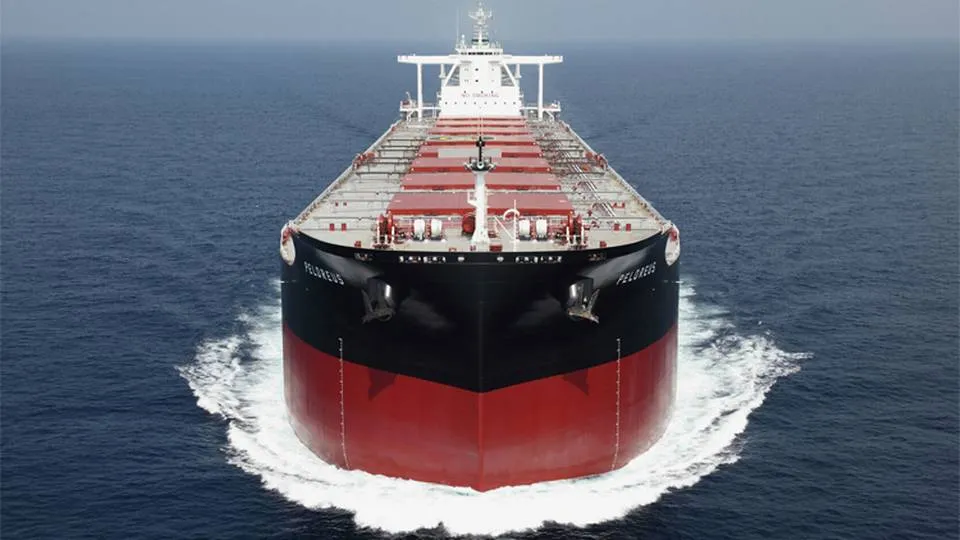 Photo: Star Bulk Carriers
Photo: Star Bulk Carriers
Intercargo, which represents dry bulk shipowners, criticizes the authorities for placing the burden of reducing sulfur and greenhouse gas emissions on shipowners rather than on their customers and suppliers.
The association’s departing chairman, John Platsidakis, complained in a speech at Intercargo’s bi-annual meeting that the new regulations require shipowners to use less sulfur, rather than demanding that fuel suppliers reduce the content of sulfur in their bunker oil. The same applies to the efforts to reduce CO2 emissions.
“By all means we support it too but when it comes to its practical implementation in most cases it is the charterers who dictate the trade pattern of the ships, from where to where to go and at which speed,” said Platsidakis in the speech.
By all means we support it too (CO2 reduction efforts, -ed.), but when it comes to its practical implementation in most cases it is the charterers who dictate the trade pattern”
John Platsidakis, Chairman, Intercargo
He compares the scenario to renting a car. If a person rents a car and leaves it parked idle for a week, it will emit zero greenhouse gases. If another person rents the car and drives around 24 hours a day for the full week, plenty of gases are emitted.
“Whom should we blame, the car rental company or the car user? Certainly the second. What happens in shipping? We blame the ship not the charterer,” says the departing chairman:
“It is about time to stand up and explain to the unaware public that shipowners are not the ones to blame.”
Platsidakis will step down at the turn of the year after serving as chairman of Intercargo for six years. He will be succeeded by Dimitris Fafalios, a director at shipping company Fafalios Shipping.
The new environmental regulations mean that, among other developments, starting Jan. 1, 2020, ships will no longer be allowed to sail on fuel with sulfur content exceeding 0.5 percent sulfur unless that have scrubbers installed to clean the exhaust. Furthermore, the IMO has adopted climate targets that mean shipping must reduce its CO2 emissions by 50 percent by 2050.
Singapore braces for 2020 with four major projects
Calls for tighter cargo rating after toxic gas incident on bulker
Worried maritime stakeholders: The sector is not prepared for global challenges

